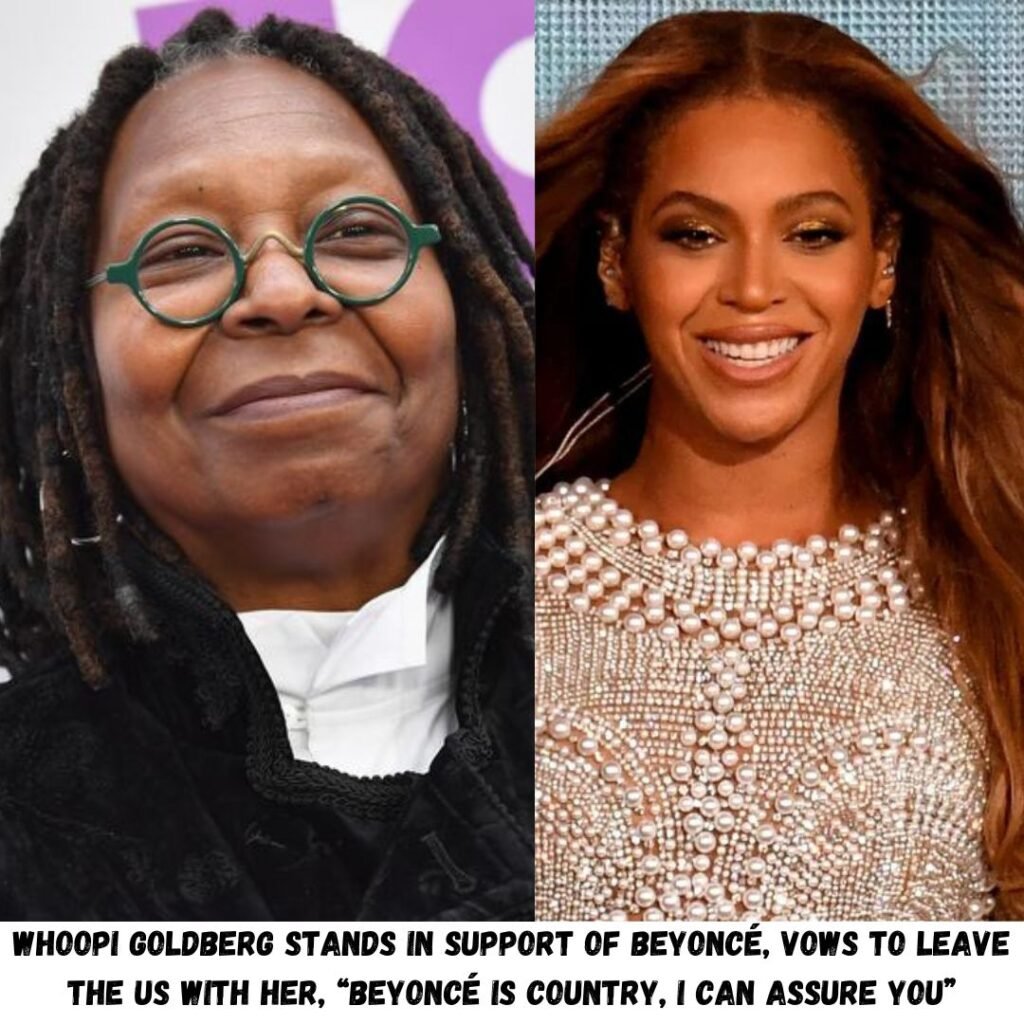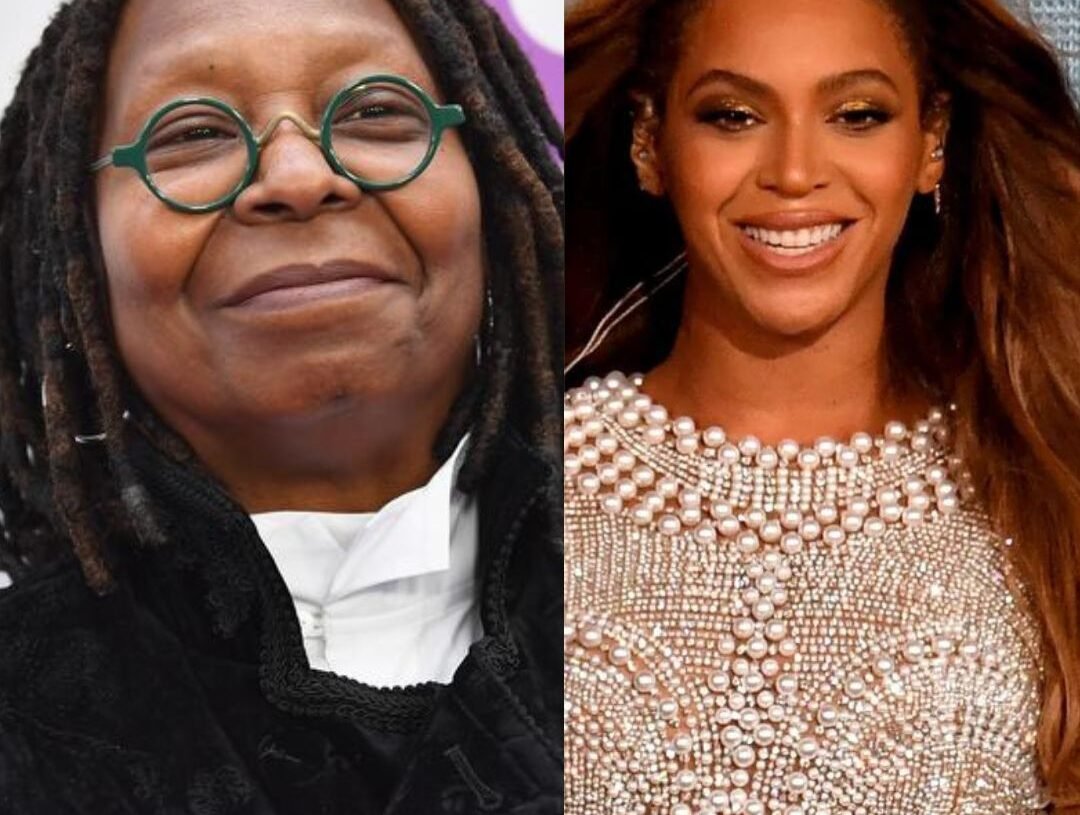In a surprising turn of events, Whoopi Goldberg has announced her decision to leave the United States in solidarity with Beyoncé, who recently revealed her intention to relocate due to dissatisfaction with the reception of her country album, Cowboy Carter. This announcement comes amid discussions about the challenges artists face when exploring new musical territories and the broader issues of cultural identity within the music industry.
Beyoncé’s venture into country music with Cowboy Carter received mixed reactions, despite its critical acclaim and commercial success. While some praised her boldness and the album’s artistic depth, others questioned its authenticity as a country record, sparking debates about genre boundaries and artistic freedom.
Goldberg, known for her outspokenness on social and political matters, expressed her support for Beyoncé on her talk show, emphasizing the importance of allowing artists to explore their musical influences without facing backlash. Her decision to leave the U.S. alongside Beyoncé symbolizes a stand against the cultural rigidity that often confines artists within specific genres.

The reaction to Goldberg and Beyoncé’s departure has sparked discussions about the expectations placed on artists and the role of genres in music. Supporters argue for a more inclusive understanding of musical categories, while critics suggest that challenging the status quo from within might lead to more substantive changes in the industry.
Regardless of differing opinions, the impact of Beyoncé’s Cowboy Carter and the ensuing controversy extends beyond music, touching on issues of cultural identity and artistic integrity. The discussions it has ignited are likely to influence how artists are perceived and allowed to express themselves in the future.
In conclusion, Goldberg and Beyoncé’s decision to leave the U.S. highlights important questions about artistic exploration and cultural authenticity in the music industry. Their departure could set a precedent for other artists facing similar dilemmas, potentially leading to a more interconnected and less genre-constrained music landscape.
